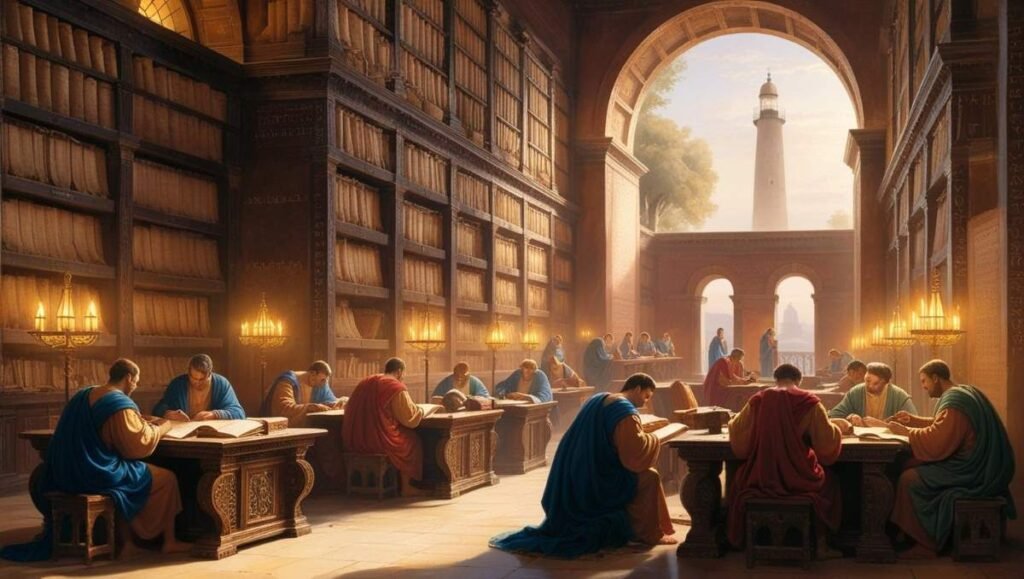
The Great Library of Alexandria stands as one of the most enduring symbols of human curiosity and intellectual pursuit. Built in the Egyptian city of Alexandria during the reign of Pharaoh Ptolemy II in the 3rd century BCE, the library was meant to house all the world’s knowledge. It aimed to be the definitive repository of human achievement, encompassing science, literature, mathematics, philosophy, and more.
Yet, its destruction remains one of the greatest tragedies in history. The loss of its contents deprived humanity of untold insights into the ancient world. Could this lost knowledge have changed the course of history? Could it still influence our understanding of civilizations, technology, and philosophy today?
Table Of Contents
- The Origins and Vision of the Library
- What Was Lost?
- Could Its Knowledge Have Altered History?
- Lessons from the Library’s Destruction
- What If We Rediscovered Its Contents?
- Preserving Knowledge for Future Generations
- Reflections on Human Curiosity
The Origins and Vision of the Library
The Great Library of Alexandria was envisioned as more than just a storage facility for scrolls; it was an intellectual hub. Under the patronage of the Ptolemaic dynasty, Alexandria attracted scholars from across the ancient world, including figures like Euclid, Archimedes, and Eratosthenes.
Purpose and Ambition
- Comprehensive Knowledge: Ptolemy II allegedly ordered every ship docking in Alexandria to surrender its books for copying. The originals were kept, while copies were returned to their owners.
- Scholarly Hub: The library functioned as a research institute where scholars worked, debated, and advanced various fields of study.
- Preservation of Culture: It sought to preserve the wisdom of civilizations, from the Egyptians to the Greeks and even cultures as distant as India and Mesopotamia.
What Was Lost?
The destruction of the Great Library is shrouded in mystery. While historians debate whether it was destroyed in a single catastrophic event or gradually over centuries, the loss is incalculable.
Lost Works
Among the most significant losses were:
- Scientific Discoveries: Many of the early theories in physics, medicine, and astronomy may have been lost forever. For instance, some believe that concepts resembling modern heliocentrism and atomic theory existed in these ancient texts.
- Historical Records: The library likely contained firsthand accounts of events, cultural practices, and daily life from civilizations that are now poorly understood.
- Literary Treasures: Countless poems, epics, and plays that could have shaped literary traditions were lost.
These missing pieces could have provided deeper insights into the rise and fall of civilizations, as explored in our blog on The Rise and Fall of Ancient Civilizations: What Lessons Do Ancient Empires Teach Us Today?.
Could Its Knowledge Have Altered History?
Had the knowledge in the Great Library survived, it might have accelerated human progress in ways we can only imagine.
Scientific Advancements
- Astronomy: Ancient Greek astronomers, such as Hipparchus, were already making strides in understanding planetary movements. The preservation of these findings might have advanced the study of astronomy by centuries.
- Medicine: Early medical texts from Egypt, India, and Greece likely offered treatments and surgical techniques that could have saved countless lives.
- Engineering: Texts on architecture and mechanics might have changed how infrastructure evolved, potentially influencing everything from urban planning to military technology.
Philosophy and Ethics
Philosophical debates on morality, governance, and society might have influenced the development of political systems. The works of thinkers like Socrates, Plato, and Aristotle may have reached a broader audience, shaping governance on a global scale.
Lessons from the Library’s Destruction
The loss of the Great Library underscores the fragility of knowledge and the importance of its preservation.
The Perils of Centralization
By housing such a vast repository in one location, the Ptolemies inadvertently created a single point of failure. Modern efforts to digitize information and distribute it globally aim to avoid a similar fate.
The Value of Collaboration
The library thrived because it brought together scholars from diverse backgrounds. Today’s institutions can learn from this, fostering interdisciplinary research to address complex global challenges.
What If We Rediscovered Its Contents?
While the Great Library itself is gone, fragments of its knowledge may still exist in surviving manuscripts and artifacts scattered across the world.
Modern Discoveries
- Ancient Manuscripts: The discovery of the Dead Sea Scrolls and the Rosetta Stone has already transformed our understanding of history. Similar finds could contain texts once housed in Alexandria.
- Digital Reconstruction: Efforts like the Digital Alexandrian Library project aim to compile and digitize texts believed to have been part of the library’s collection.
Potential Impact
If recovered, these works could:
- Reframe historical narratives, offering new perspectives on ancient events.
- Reveal forgotten technologies that could solve modern problems.
- Inspire a renewed appreciation for the wisdom of ancient cultures.
Preserving Knowledge for Future Generations
The Great Library’s story is a cautionary tale, but it also offers hope. Modern societies can ensure that the loss of such knowledge is never repeated.
Digital Archives
Organizations like UNESCO and the Internet Archive are creating digital repositories to preserve cultural heritage. These efforts echo the library’s mission to house all human knowledge.
Education and Awareness
By teaching the importance of preserving history, we can inspire future generations to value and protect intellectual heritage.
Reflections on Human Curiosity
The Great Library of Alexandria represents humanity’s insatiable curiosity and drive to understand the world. Its destruction reminds us of the fragility of knowledge but also inspires us to continue the quest for wisdom.
Whether through rediscovering ancient manuscripts or building new repositories of knowledge, the spirit of Alexandria lives on in our pursuit of learning and connection.
Let the legacy of the Great Library remind us of the power of knowledge—and the responsibility to preserve it.
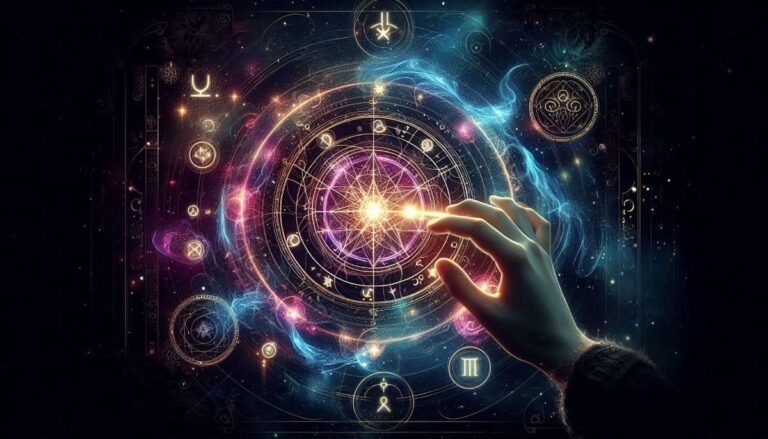
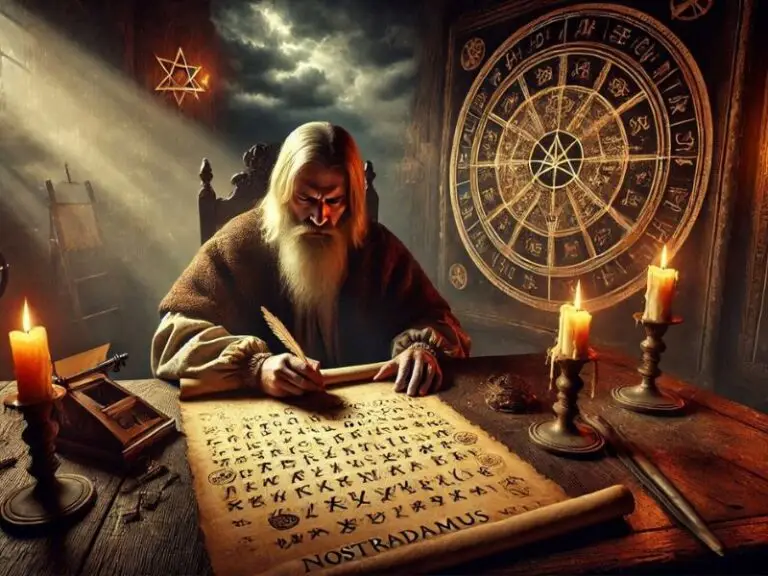




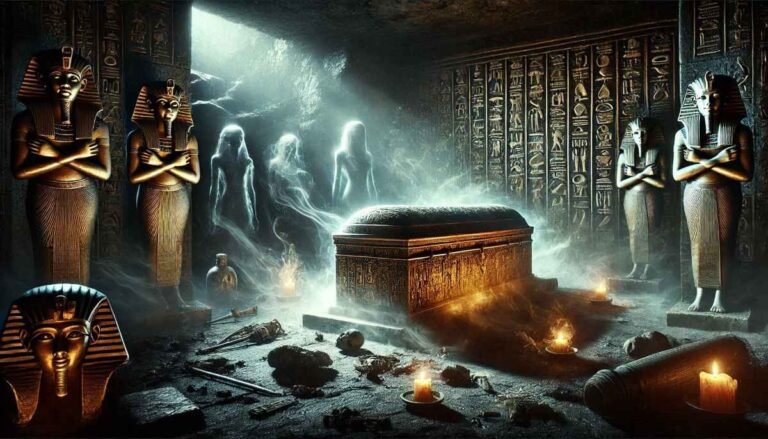
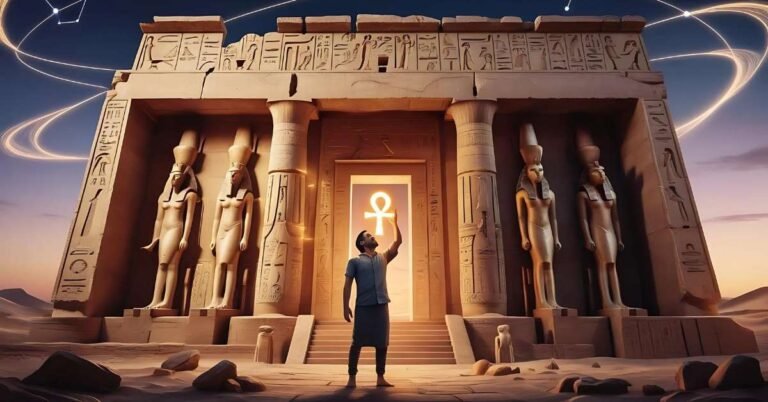
1 thought on “The Great Library of Alexandria: Could Its Lost Knowledge Change Our Understanding of History?”